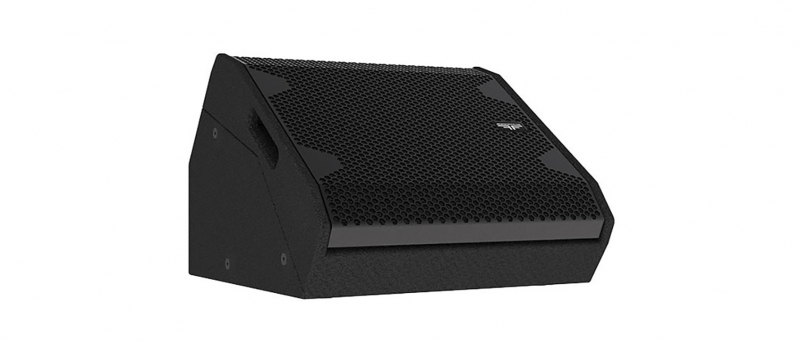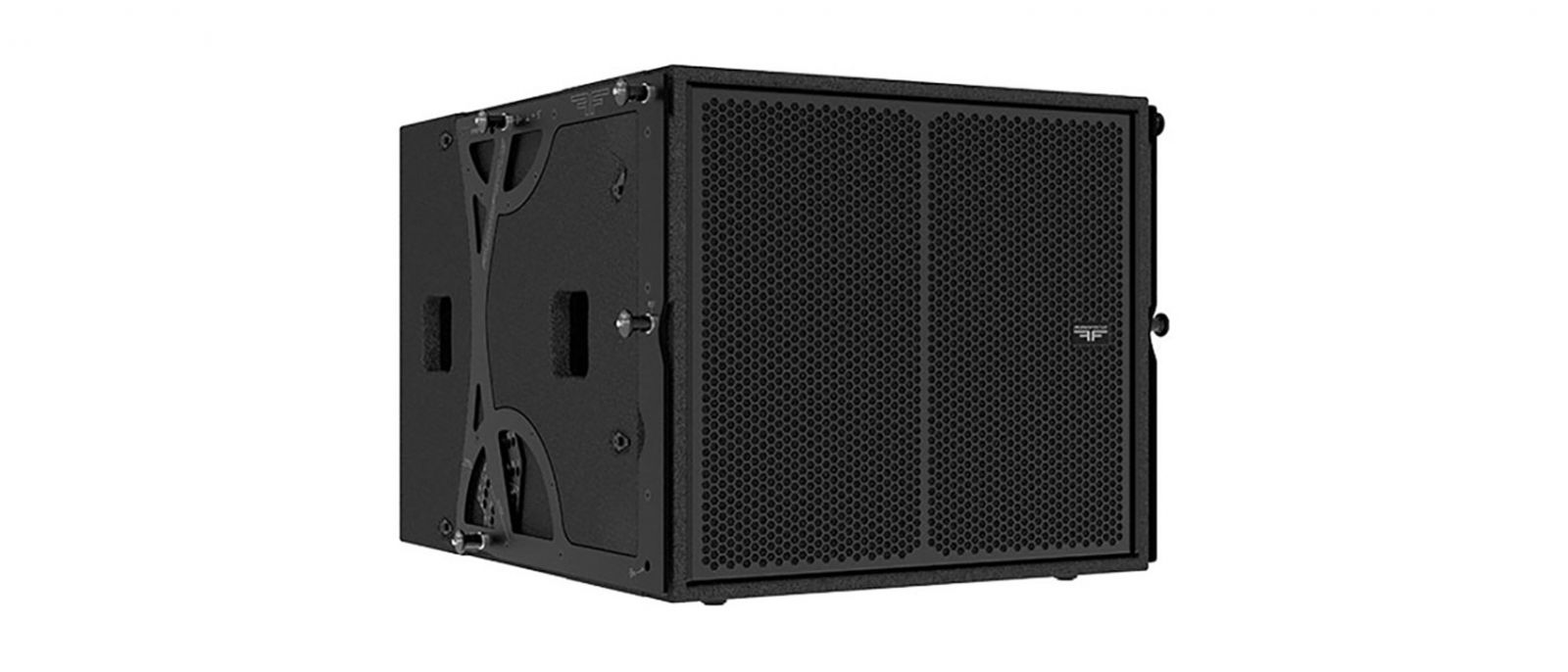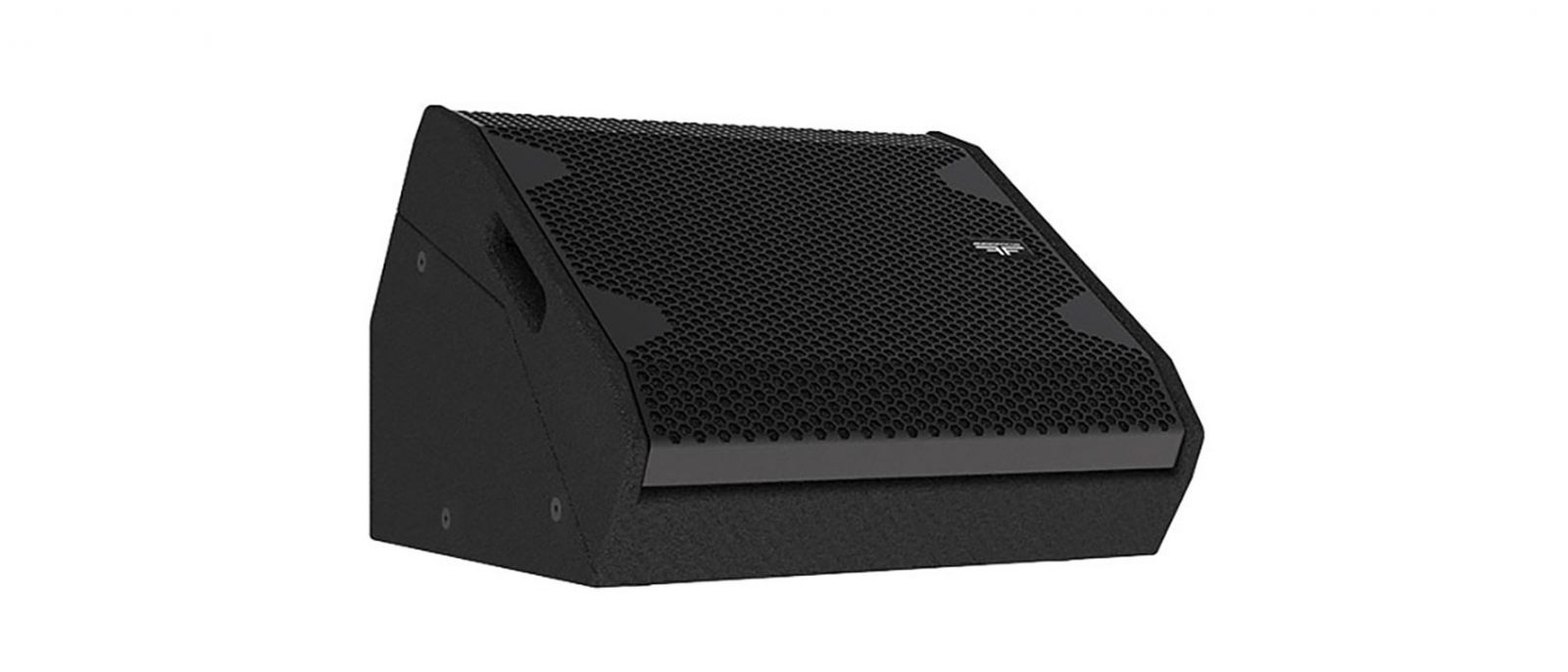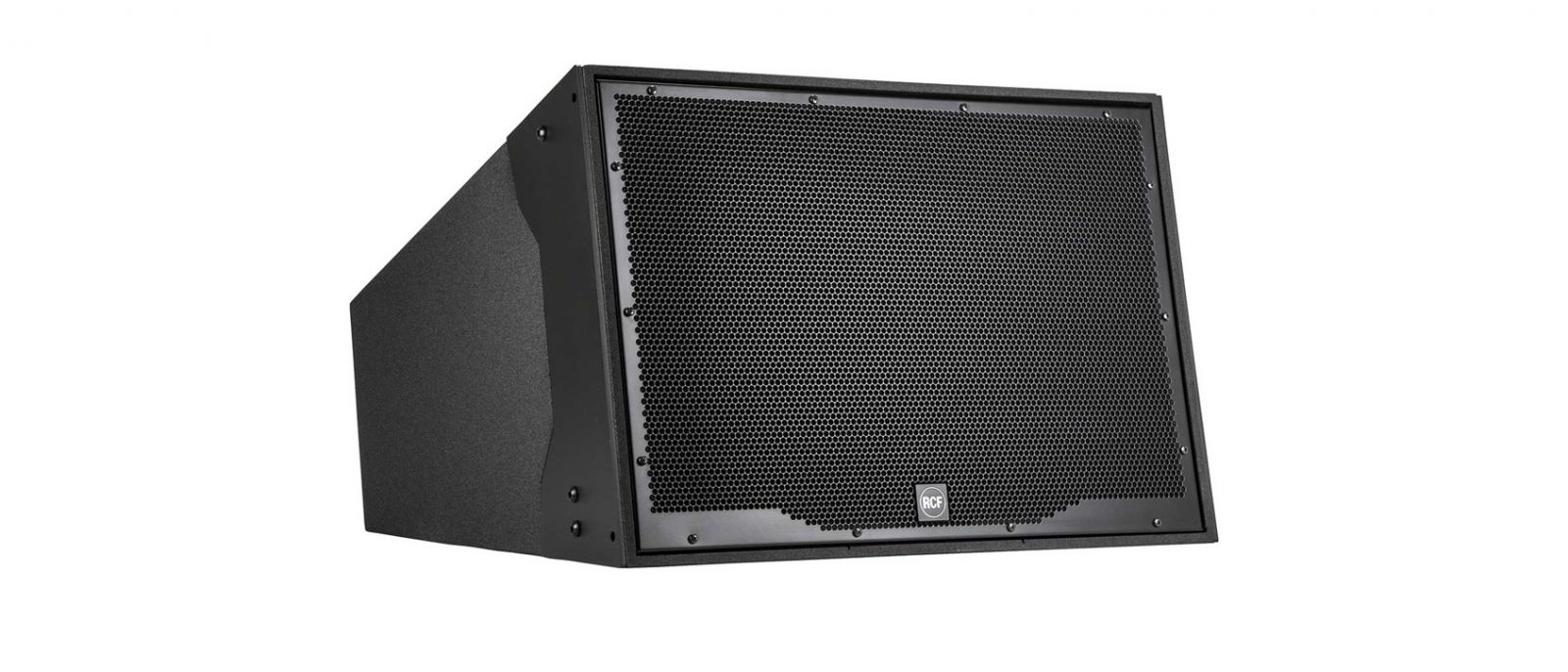Concert pa system
24 July 2023

|
concert pa system Are you ready to experience the full power and impact of live music? The key to unlocking an unforgettable concert experience lies in choosing the perfect PA system. Sound is an essential element that can make or break any live performance, and having the right equipment can make all the difference. In this ultimate guide, we will delve into the world of concert PA systems, exploring everything from the basics of sound reinforcement to the advanced features and technologies that can take your live shows to new heights. Whether you're a musician, a sound engineer, or simply a music enthusiast, this guide is packed with valuable insights, tips, and recommendations to help you navigate the vast landscape of PA systems and make an informed decision. Get ready to unleash the power of sound and create unforgettable moments that will resonate with your audience long after the final notes have faded away. When attending a concert, have you ever noticed the difference between a show that leaves you feeling energized and immersed in the music, and one that falls flat and leaves you wanting more? The answer often lies in the quality of the PA system. A high-quality PA system ensures that the sound from the stage is amplified and evenly distributed throughout the venue, creating a well-balanced and immersive experience for the audience. A good PA system is crucial for both the performers and the audience. For the performers, it allows them to hear themselves and their fellow musicians clearly on stage, enabling them to deliver their best performance. For the audience, it ensures that every note, every lyric, and every nuance of the music is reproduced faithfully and delivered with impact. A high-quality PA system can elevate a concert from a mere performance to a transformative experience that lingers in the hearts and minds of the audience long after the final encore. Choosing the right PA system for a concert requires careful consideration of various factors, including the size of the venue, the type of music being performed, and the specific needs and preferences of the performers. By understanding the importance of a high-quality PA system and the impact it can have on the overall concert experience, you can make an informed decision and ensure that your live shows are nothing short of spectacular. PA systems come in different shapes and sizes, each designed to meet specific requirements and cater to different types of events and venues. When it comes to concerts, there are three main types of PA systems commonly used: line arrays, point source systems, and hybrid systems. Line arrays are the go-to choice for large-scale concerts and festivals. They consist of multiple speakers arranged vertically, with each speaker focusing sound in a specific direction. Line arrays are known for their ability to provide even coverage and high sound pressure levels, making them ideal for outdoor venues and large arenas. They are designed to deliver powerful, clear, and consistent sound over long distances, ensuring that every member of the audience can enjoy an immersive audio experience. Point source systems, on the other hand, are more commonly used in smaller venues and indoor concerts. These systems consist of individual speakers placed strategically around the stage area to cover different parts of the venue. Point source systems offer flexibility in terms of placement and configuration, allowing for precise control of sound distribution. They are often preferred for their ease of setup and affordability, making them suitable for smaller gigs and venues with limited space. Hybrid systems combine the best of both worlds, incorporating elements of both line arrays and point source systems. These systems are designed to provide the power and reach of line arrays while offering the flexibility and ease of setup of point source systems. Hybrid systems are becoming increasingly popular for mid-sized venues and concerts that require a balance between coverage, sound quality, and portability. Understanding the different types of PA systems available for concerts is crucial in determining which system best suits your specific needs and venue requirements. By considering factors such as venue size, desired sound coverage, and budget, you can make an informed decision and ensure that your chosen PA system delivers the desired results. |
 |
|
Choosing the perfect concert PA system involves considering a variety of factors, each of which plays a crucial role in determining the overall sound quality and performance of the system. Here are some key factors to keep in mind when making your decision:
A concert PA system is composed of several key components that work together to deliver a powerful and immersive audio experience. Understanding the function and importance of each component is essential in building a well-rounded and high-quality system. Here are the main components of a concert PA system:
|
 |
|
Setting up and optimizing a concert PA system can be a complex task that requires careful planning and attention to detail. Here are some tips to help you get the most out of your system:
While it's possible to set up and operate a concert PA system on your own, hiring a professional sound engineer can greatly enhance the overall sound quality and ensure a smooth and hassle-free experience. Here are some reasons why hiring a professional sound engineer for your concert is beneficial:
Choosing the perfect concert PA system is a crucial step in creating an unforgettable live music experience. By understanding the importance of sound quality, exploring the different types of PA systems available, considering key factors, and familiarizing yourself with the key components and setup techniques, you can make an informed decision and ensure that your live shows sound their best. Whether you decide to set up and operate the system on your own or hire a professional sound engineer, the ultimate goal is to unleash the power of sound and create moments that resonate with your audience long after the final notes have faded away. So, get ready to rock the stage, captivate your audience, and unlock the full potential of live music with the perfect concert PA system. |
 |
